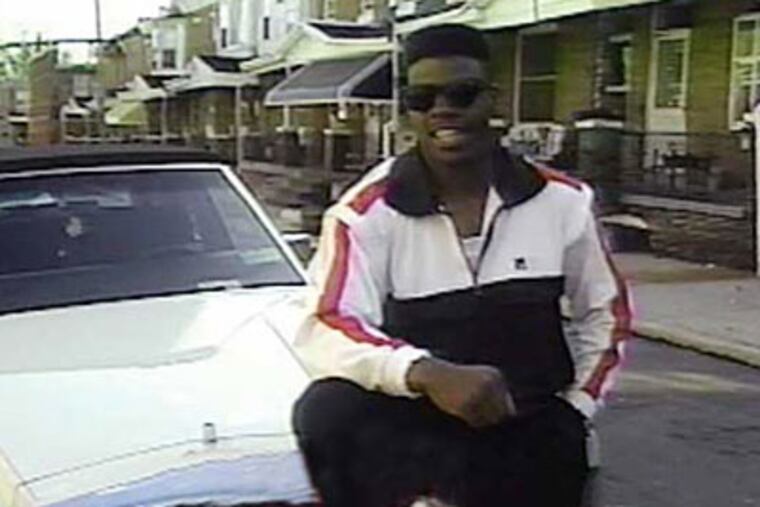'Rap City,' 1988 documentary, features Philadelphia hip-hop artists
GLENN HOLSTEN and Lisa Marie Russo, then producers at WHYY, missed their appointment to interview burgeoning hip-hop act DJ Jazzy Jeff & the Fresh Prince. Their cornerstone interview was now en route via limo from the duo's Wynnefield home base to Manhattan. So Holsten and Russo hopped in their van and headed for the turnpike, holding up signs to every limousine they saw, pleading with hip-hop's newly anointed royalty for an interview.

GLENN HOLSTEN and Lisa Marie Russo, then producers at WHYY, missed their appointment to interview burgeoning hip-hop act DJ Jazzy Jeff & the Fresh Prince. Their cornerstone interview was now en route via limo from the duo's Wynnefield home base to Manhattan. So Holsten and Russo hopped in their van and headed for the turnpike, holding up signs to every limousine they saw, pleading with hip-hop's newly anointed royalty for an interview.
But the young directors didn't get a roadside sit-down, settling instead for a chat at the Spectrum. The interview appears in "Rap City," a documentary made in 1988 for WHYY that profiled the city's rap scene. The Philadelphia Independent Film and Video Association presents a screening tomorrow with a Q&A featuring "Rap City" subjects E-Vette Money and Schoolly D, 107.9 DJ Lady B and Holsten.
"It was very vibrant time in hip-hop history and Philadelphia's history as well," said Holsten. "We were dancing to rap in the clubs, and we wanted to find out what happened behind the music."
To characterize Philly's rap scene in the late '80s, Holsten and Russo contrasted the work of Will Smith and Jazzy Jeff with the harder-edged Schoolly D, often noted as the godfather of gangster rap. "He was just a young gun," Holsten said about Schoolly D. "My favorite scene in the whole movie is when we sit on the stoop with his mother and she's talking about how he has to pick up after himself and do the dishes. He wants to be his on-screen personality but he's still just a kid."
Schoolly D can't help but agree. "We were babies," he said. "I read a lot about this, that when you're young, that's when it's time for revolution, because then you're not afraid to speak your mind. This was our chance to do something outside of white corporate America."
Holsten sees "Rap City" not only as a document of hip-hop culture in the city, but of the city itself. The neighborhoods no longer resemble what's up on the screen, and the venues he featured are all but gone.
It's also a time capsule for some interesting sartorial options. Laughing, Schoolly D said, "I ain't talking about the fashion choices."